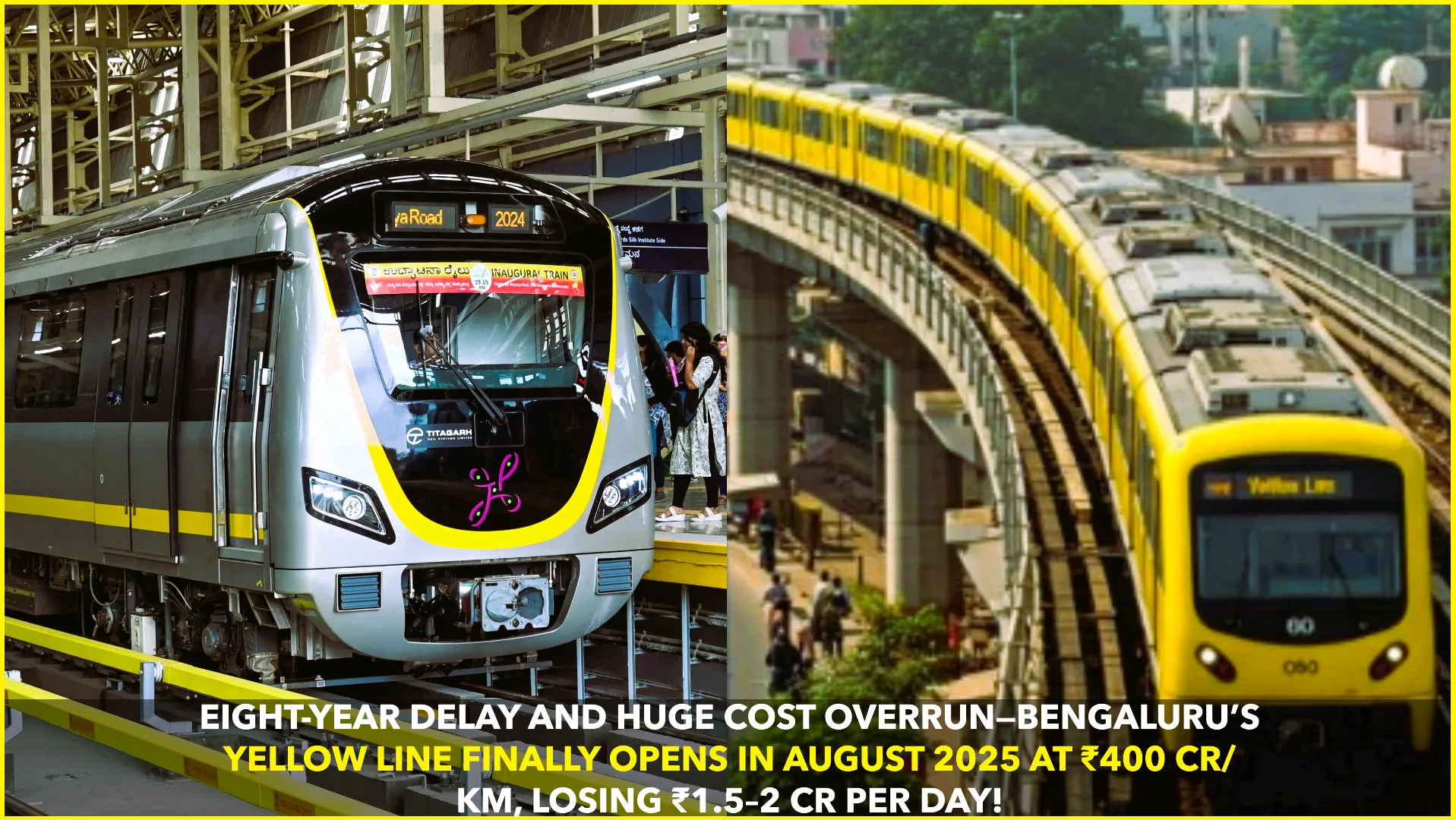China’s top diplomat, Foreign Minister Wang Yi, arrived in Delhi on August 18, 2025, for a two-day visit that has drawn attention for its call to salvage fragile ties with India. In a symbolic shift from recent years of tension, he emphasized that both nations—home to over 2.8 billion people—should regard each other as “partners and opportunities,” rather than “adversaries or threats” Reuters+1.
A Step Toward Normalization
This meeting marks just the second high-level engagement since the bloodiest clash in years occurred in the Galwan Valley, Ladakh, in 2020—a confrontation that deteriorated bilateral relations nearly to the breaking point. Since then, diplomatic exchanges had all but stalled.
During the talks with India’s External Affairs Minister S. Jaishankar, Wang Yi painted a vision of cooperation rooted in shared development and mutual respect, urging both countries to invest their resources in “development and revitalization” and to embrace a future defined by peaceful coexistence and win–win collaboration China Foreign AffairsSouth China Morning PostGlobal Times.
Beyond Words: Border Talks and Tangible Moves
Wang Yi’s Delhi visit was not just symbolic. He co-chaired the 24th round of Special Representative talks with Indian National Security Advisor Ajit Doval, focusing on boundary management and restoring stability along the Line of Actual Control. These discussions are part of a long-standing dialogue mechanism stretching back decades ReutersThe Economic TimesGlobal Times.
A concrete highlight: China agreed to address India’s critical needs concerning key supplies—rare earth elements, fertilizers, and tunnel-boring machines—that are vital for infrastructure and industrial development Reuters.
Meanwhile, India and China are making broader gestures of reconciliation:
- Mutual support for hosting BRICS Summits (India in 2026, China in 2027).
- Resumption of religious pilgrimages, direct flights, and tourist visas across the border.
- Confidence-building measures along the border, including expert-level communication channels and river data sharing The Economic Times.
Modi’s Upcoming China Visit & Strategic Context
These developments pave the way for Prime Minister Narendra Modi’s upcoming visit to China for the Shanghai Cooperation Organisation (SCO) Summit in Tianjin. Both capitals view this as a strategic opportunity to rebuild trust and enhance cooperation The Economic TimesGlobal Times.
Why It Matters
- Geopolitical balancing act: Amid rising US trade tensions, particularly under former President Trump’s tariffs, both nations are exploring paths of regional solidarity and shared economic benefit The Wall Street JournalThe TimesSouth China Morning Post.
- Restoring confidence: The restoration of dialogue and tangible cooperation signals a move away from deep-seated mistrust toward a more predictable bilateral relationship that could reshape Asia’s strategic landscape.
- Building resilience: With global uncertainties and supply chain vulnerabilities, closer engagement between India and China could bolster stability for the broader Global South.
In Summary
Wang Yi’s visit to Delhi and his diplomatic overture marks a tentative but meaningful thaw in India–China relations. By urging both countries to shift from confrontation to cooperation—and by following rhetoric with real action—this could indeed be the start of “a new dawn” in their complex relationship.










